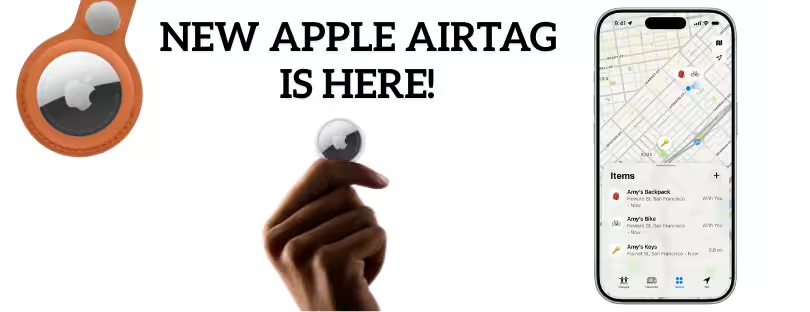
Bluesky: Twitter co-founder launches Twitter alternative platform
Bluesky is largely inspired by Twitter, so the backbone is virtually identical. Following users, searching for content and seeing publications happen in practically the same way as in the app that is now led by Elon Musk.
Jack Dorsey, the former CEO of Twitter, announced the launch of an alternative platform to the social network he helped found. Bluesky is already available on the App Store, albeit in beta, and an invitation is required to join. If you’re interested in trying it out, you’ll have to leave your email on a waiting list.
Bluesky is largely inspired by Twitter, so the backbone is virtually identical. Following users, searching for content and seeing publications happen in practically the same way as in the app that is now led by Elon Musk.
It is important to remember that Bluesky appeared in 2019, initially as a project financed by Twitter itself. At the time, the still CEO, Dorsey, saw this platform as an alternative to an increasingly centralized Twitter. In 2021, the social network became an independent company.
Dorsey believes that social platforms should exist free of political or corporate control, so only content authors should retain the power to delete their own posts or to remove themselves from the platforms. Note that despite having agreed with the suspension of Donald Trump from Twitter, the American programmer and businessman made a point of underlining, on several occasions, his concerns with the precedent that the decision could create and threaten, as a result, the idea of a truly free, open and global internet.
Since Elon Musk’s acquisition of Twitter, alternative platforms have gained traction. However, there is still no significant migration of users to any of them.
Mastodon vs. Twitter: Key Differences and Similarities bluesky
Mastodon is often compared to Twitter, as it shares many similarities in terms of user interface and features, but its decentralized and community-driven approach makes it a unique and appealing alternative to traditional social networking services.
Mastodon is a free and open-source social networking service that was launched in 2016. It is based on the idea of decentralized social networking, which means that it does not rely on a centralized server to manage user data and interactions. Instead, it uses a distributed network of servers, called instances, which can communicate with each other.
Mastodon’s user interface is similar to that of Twitter, with users able to post short messages, follow other users, and receive updates from those they follow. However, Mastodon has several unique features, including the ability for users to create and join communities, which are called “instances,” and the option for users to post messages that are longer than the 280-character limit of Twitter.
One of the key benefits of Mastodon is its commitment to user privacy and data ownership. Because there is no central server, user data is not owned by a single corporation or entity. Instead, users can choose to join any instance they wish, or even create their own instance, giving them greater control over their data and the content they see.









